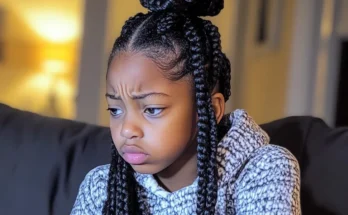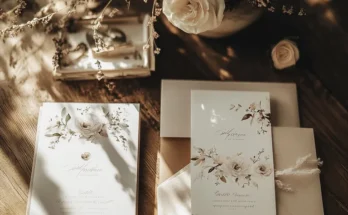I used to brush off being left out. Friends would plan things, post about it later, and I’d pretend it didn’t sting. But one day, after seeing yet another group photo from a party I wasn’t invited to, something snapped. I wasn’t just excluded—I was erased. I’d always been the one to forgive, to reach out, to keep the peace. But this time, I chose silence. I didn’t text back. I didn’t ask why. I let the absence speak for itself.
Days turned into weeks, and the messages started trickling in. “Are you okay?” “We missed you.” But I wasn’t interested in apologies born from guilt. I wanted accountability. I wanted someone to say, “We were wrong.” Instead, I got vague excuses and deflections. I realized they didn’t miss me—they missed what I did for them. My presence had been convenient, not cherished. That truth hurt more than the exclusion itself.
I stopped showing up emotionally. No more birthday reminders, no more late-night pep talks, no more being the glue. And suddenly, the group began to fray. Conflicts erupted, plans fell through, and I watched from a distance as the dynamic shifted. I wasn’t happy about it—but I wasn’t sorry either. I had always been the silent support, and now they were learning what my silence really meant.
One friend finally called me, voice trembling. She said she hadn’t realized how much I held things together. She asked if we could talk. I agreed, but I was clear: I wouldn’t return to being invisible. If I was going to be part of this circle, I needed to be seen, heard, and valued. Not just when it was convenient. She listened. She cried. And for the first time, I felt like someone truly understood.
Rebuilding wasn’t easy. Some friendships faded, others deepened. I learned to set boundaries, to speak up, to demand space. I stopped accepting crumbs of affection and started asking for the whole meal. It felt radical, even selfish—but it was necessary. I wasn’t punishing anyone. I was protecting myself. And in doing so, I found a version of me I actually liked: bold, honest, and unapologetically present.
Now, when I feel excluded, I don’t internalize it. I address it. I refuse to be erased without consequence. Because being left out isn’t just about missing a party—it’s about being told you don’t matter. And I do matter. I always did. I just needed to believe it enough to act like it.


